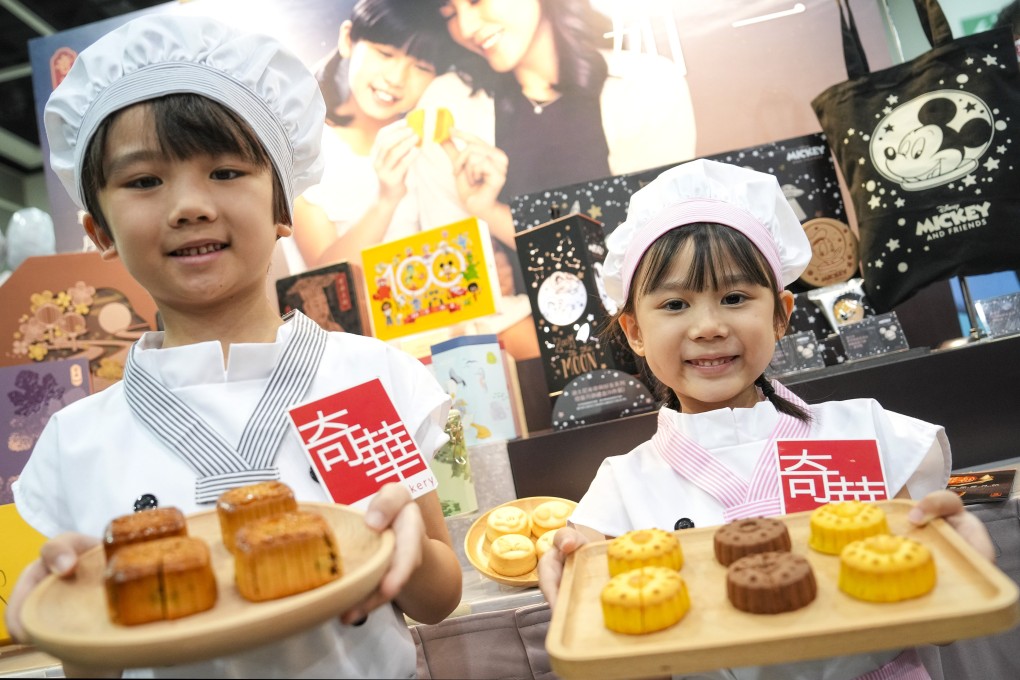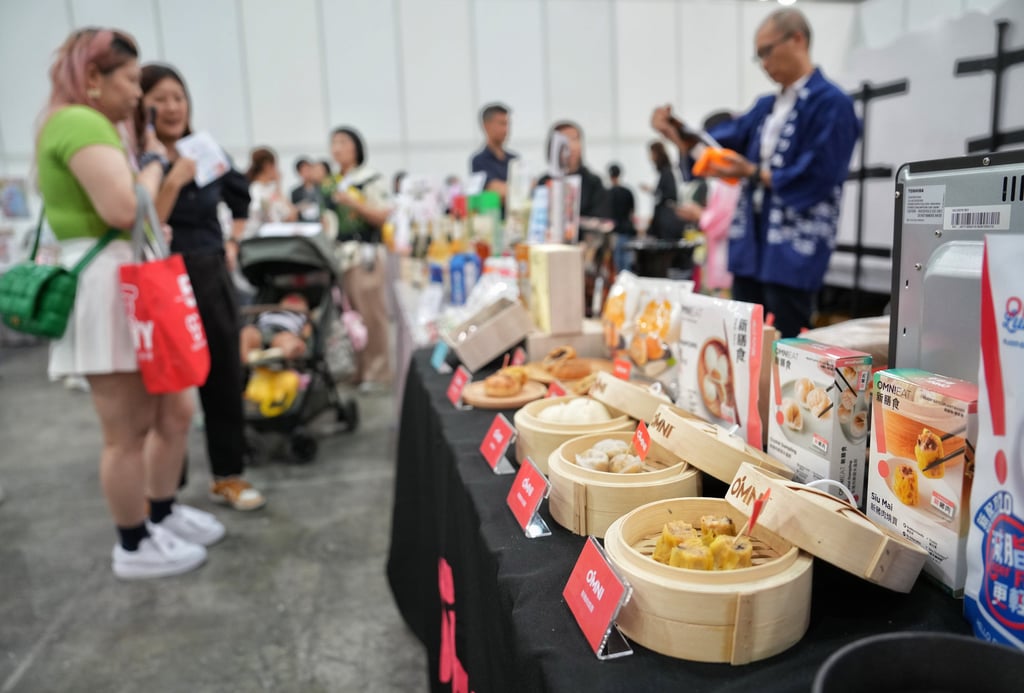Samples are back at Hong Kong Food Expo amid concerns that Japanese imports may be unpalatable for some
- Event is set to take place from August 17 to 21 at Hong Kong Convention and Exhibition Centre in Wan Chai
- Organisers hope visitor numbers this year will rise by 10 per cent now that tasting is allowed and borders are open

Food sampling will be allowed at next week’s Hong Kong Food Expo for the first time since Covid-19 broke out, but Japan’s plan to discharge treated nuclear waste water into the sea may make the country’s offerings unpalatable.
Japanese food importers told the Post at the expo’s preview on Tuesday that Hongkongers had become more cautious about the origins of their food in recent months.
The event is set to take place from August 17 to 21 at the Hong Kong Convention and Exhibition Centre in Wan Chai.
Julia Chu, general manager of Murray Rice, said many customers had raised questions about the origins of Japanese rice and whether the company’s products would be affected by the planned waste water discharge.

The company is launching a new Japanese rice gift set which includes rice from nine different prefectures, including Miyagi, Niigata and Nagano, at HK$480 (US$61.50).